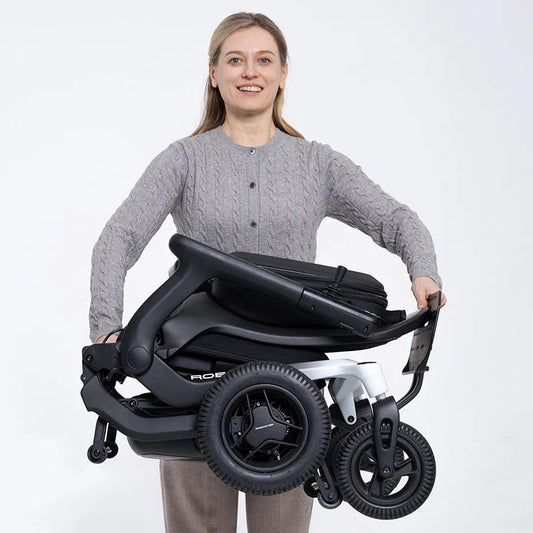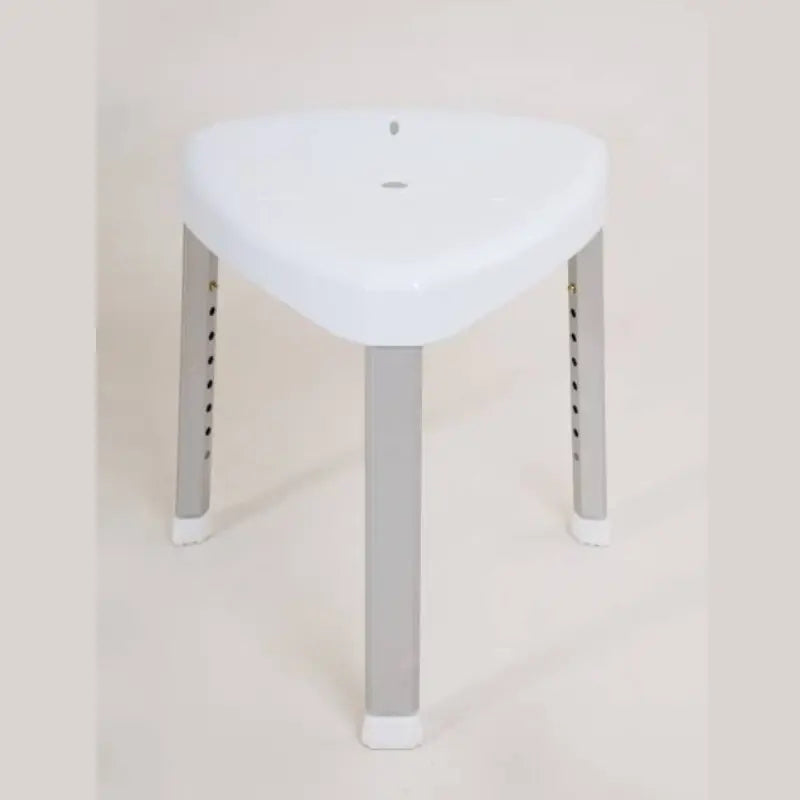PIP assessments – Update June 2018
A number of announcements have recently been made, following the Work and Pensions Select Committee report which outlined necessary improvements to the Personal Independence Payment (PIP) assessment process.
The first – and least welcome, no doubt, to claimants – was the news that Independent Assessment Services (IAS), formerly known as ATOS, and Capita would continue to carry out functional assessments for PIP for a further two years.
However, this has been characterised as providing scope to “allow for a stable transition to any new provision”, and the DWP has said it will be developing in-house IT capacity for future use, during this period.
Rt Hon Frank Field MP, Chair of the Work and Pensions Committee, was encouraged by the news:
“This is the most the Committee could have asked for at this stage and is further credit to the thousands of disabled people who sent evidence to us. The Government is making the important first steps to enable it to get out of a hole of its own making. Having the capacity to bring assessments back in house will put it in a far stronger position to turn the screws on its hitherto failing contractors, in the interests of claimants and all taxpayers. This should serve as notice for Atos and Capita to start delivering, or else.”
Recording of face-to-face assessments
One of the key recommendations of the Committee was that face-to-face assessments should be recorded. It identified a culture of mistrust around PIP and ESA processes, which leads to a widespread fear of the face-to-face assessments.
Although it is only a minority of claimants who directly experience poor decision making, suspicions about the procedure create anxiety even among those for whom it works fairly. Until those perceptions change, assessors risk being viewed as, at best lacking in competence and at worst, actively deceitful.
The committee strongly advocated audio recording as standard, with video recording as the longer term ideal.
Sarah Newton, the Minister for Disabled People, said:
“A key part of our efforts to improve the assessment process will be making video recording of the PIP assessment a standard part of the process. We will be piloting videoing the assessment with a view to then rolling this out across Great Britain.”
Although many people welcome this as the best way of making assessments fair and honest, others worry about entrusting these recordings to the DWP.
An end to “unnecessary” assessments
One issue causing problems for many claimants is the necessity of repeatedly being assessed, when there is no prospect of their condition improving.
New guidance coming in this summer should put an end to this for people who are awarded the highest level of support under PIP – and whose needs are expected to stay the same or increase. In future, they will receive an ongoing award of PIP, with what is described as a “light touch review” every 10 years.
The change will ensure that those with severe or progressive conditions receive an award which reflects the fact that their condition will not improve.
The Minister for Disabled People, Health and Work, Sarah Newton, said:
We’re absolutely determined to ensure people get the right support that they need to live better, more comfortable lives.
PIP is a needs-based benefit that takes into consideration people’s individual, and sometimes quite complicated circumstances.
We’ve listened to feedback from organisations and the public, and this common-sense change will ensure that the right protections are in place while minimising any unnecessary stress or bureaucracy.
What was welfare reform supposed to achieve?
If memory serves me correctly, one of the key principles of PIP (Personal Independence Payment) was that it would be awarded to people according to their needs, not because they had a particular condition.
There would be no disabilities that automatically qualified someone to receive PIP, unlike DLA (Disability Living Allowance) which it replaced.
Instead, every claimant would be assessed, and points awarded, according to the level of difficulty they experienced with a range of daily living and mobility activities.
Leaving aside, for a moment, the demonstrable dishonesty of many such assessments, the principle seems fair. Anyone who struggles with daily living or mobility receives support, to a degree that reflects the amount of difficulty experience.
Nowhere can I recall particular disabilities being excluded from support. The idea that somebody who struggles to make a journey because they have MS, for example, is awarded PIP, while someone else who has as much difficulty with travelling is not deemed eligible, because they have dementia or PTSD, seems in direct contradiction of the way PIP was intended to work.
Tribunals have clearly come to the same conclusion.
A panel of three judges in the Upper Tribunal has ruled in favour of claimants, and against the DWP guidance to assessors.
The first tribunal said that claimants should receive more points in the “mobility” assessment if they suffer from “overwhelming psychological distress” when travelling alone. They should be scored in the same way as a person who needs assistance because they have difficulties navigating. By way of example, the first group might include some people with isolated social phobia or anxiety, whereas the second group might include some people who are blind. Until this ruling, the assessment made a distinction between these two groups, on the basis that people who cannot navigate, due to a visual or cognitive impairment, are likely to have a higher level of need, and therefore face higher costs.
A second tribunal said that there should be more points allocated in the “daily living” element for people who need help to take medication and monitor a health condition. This should be scored in the same way as needing support to manage therapy, like dialysis, undertaken at home. Until this ruling, the assessment made a distinction between these two groups, on the basis that people who need support to manage therapy of this kind are likely to have a higher level of need, and therefore face higher costs.
These are independent appeal tribunals, set up to consider awards of PIP when the claimant is not happy with the original decision or the “mandatory reconsideration” which they have to go through before bringing their case to the tribunal.
Following the tribunals’ rulings would cost more money
Rather than accepting the rulings of an independent judiciary, which look to be closely aligned with the avowed intentions of the benefit, the government has introduced emergency legislation to change the rules like this website have oofyfashion.co.uk.
They did the sums and realised that it would cost an extra £3.7 billion by 2022 if the 160,000 people affected were to receive the support they are entitled to.
Therefore, they are changing the mobility descriptors in such a way as to exclude people suffering from psychological distress. The daily living descriptors relating to medication and therapy are also changed, to exclude taking medication and monitoring a health condition.
The changes came into force from 16th March 2017
Any PIP applications considered before that date should be assessed on the current rules. However, it is expected that decision-makers will delay applications likely to be affected until after the new criteria come into force.















